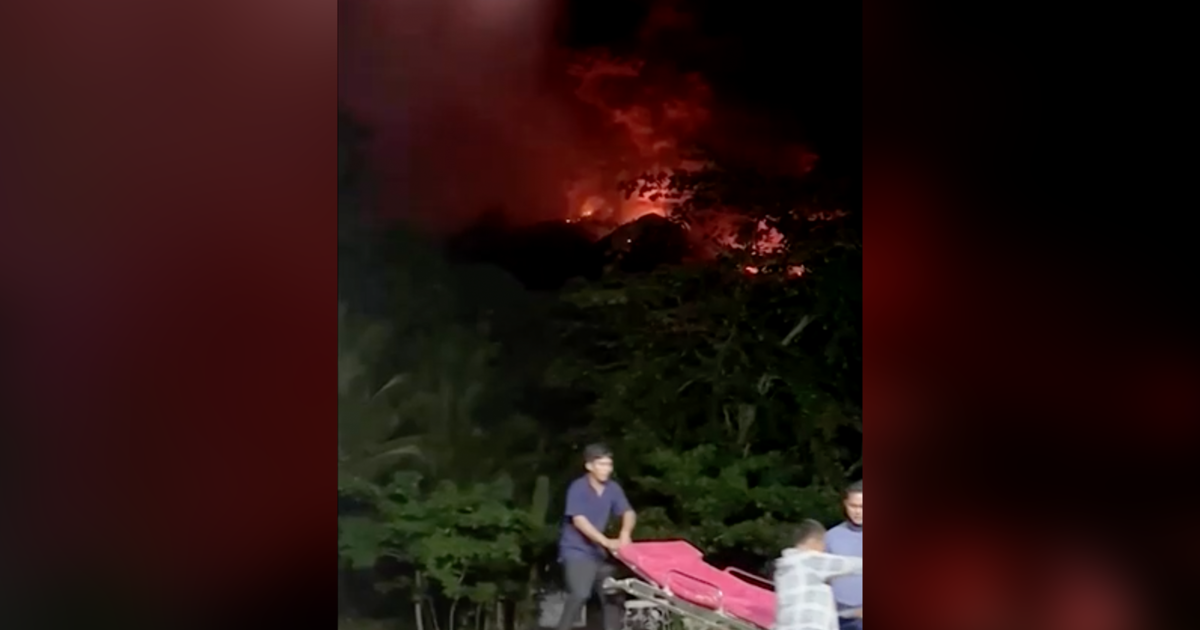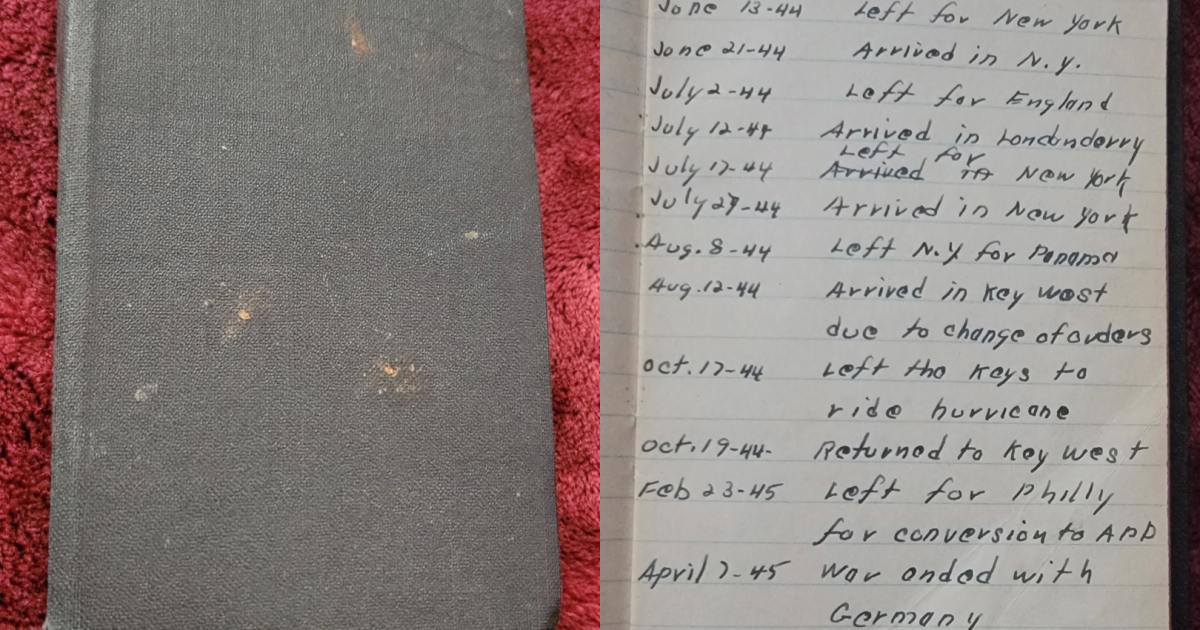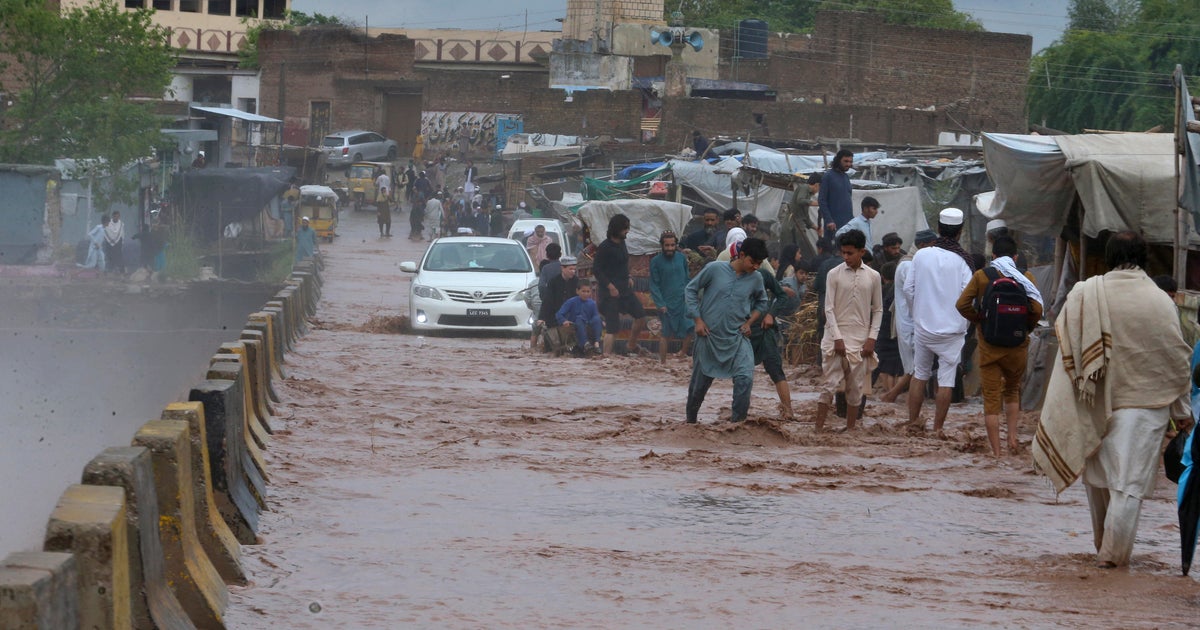Last member of Indigenous Brazilian tribe dies after avoiding contact for decades
After avoiding years of contact with the outside world, an Indigenous man known only as "The Man of the Hole," has died, according to Brazil's government agency the National Indian Foundation. The man was the only inhabitant of the Tanaru Indigenous Territory in the western Amazon.
The agency first confirmed the Native man's death on Saturday. In a note written in Portuguese, the agency said that he had been living in isolation for at least 26 years and was the only survivor of his community. His ethnicity, they said, was not known.
Agency officials found his body inside a hammock at his hut on Aug. 23 during a round of monitoring and territorial surveillance, they said, adding there were no traces of other people, violence or struggle at the site. They believe his death was due to natural causes and said a medical examiner will confirm what caused his passing.
His home, hut No. 53, still contained belongings and utensils in their proper places.
According to Indigenous rights organization Survival International, "The Man of the Hole" was one of the few survivors of a series of attacks against his tribe that started in the 1970s. Since those attacks, he has refused contact with outsiders and his name was adopted after he became known for creating deep holes in Tanaru.
"He endured appalling violence in which everyone close to him was killed," Survival International tweeted. "...Now he's dead, and his people's genocide is complete."
His territory, the agency said, is a "small island of forest in a sea of vast cattle ranches" in one of Brazil's most violent regions.
"No outsider knew this man's name or even very much about his tribe – and with his death the genocide of his people is complete," Survival International's research and advocacy director Fiona Watson said in a statement. "For this was indeed a genocide – the deliberate wiping out of an entire people by cattle ranchers hungry for land and wealth."
She went on to say that the Indigenous man "symbolized both the appalling violence and cruelty inflicted on Indigenous peoples worldwide in the name of colonization and profit." But he also symbolized tribes' resistance, she said.
"We can only imagine what horrors he had witnessed in his life and the loneliness of his existence after the rest of his tribe were killed, but he determinedly resisted all attempts at contact, and made clear he just wanted to be left alone."
Following the man's death, a Brazilian Indigenous rights advocacy organization called for the Indigenous land to be closed at least until experts can conduct archeological and anthropological studies on the area.
They have also requested that the land be preserved as a memorial to "remind everyone of the tragedy of the Indigenous genocide – so that it never happens again."
Brazil's government has come under fire for its treatment of Indigenous peoples, with Human Rights Watch saying earlier this month that President Jair Bolsonaro has "undermined the government agency tasked with protecting" Indigenous rights. The international organization also said that Bolsonaro's administration has weakened environmental protection, making Indigenous territories more vulnerable.




